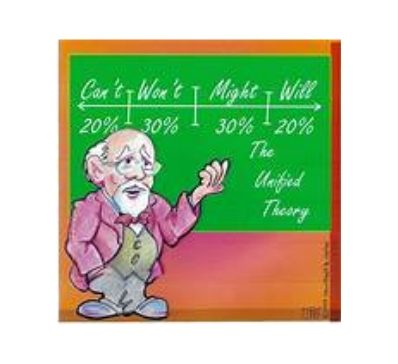To be is to do: Jean-Paul Sartre (French philosopher)
To do is to be: Paulo Friere (S. American radical Priest working in the mid 20th century)
Do-be-do-be-do: Frank Sinatra (um …. crooner)
As you can see, I am being frivolous as I look back over the history of my profession and to examine where I landed from time to time. If that makes me a butterfly, then so be it!
As this is a potted history – just my helicopter ride around the topic – I thought a light-hearted beginning would be best. I can mention a more serious review by Roderick Buchanan (2019), included in The Cambridge Handbook of the Intellectual History of Psychology, Cambridge University Press, pp.468-494. If you want a shorter and more readable summary take a look at this page from Phil Mollon’s website.
I offer a further account of the impact of history on my own development as a practitioner in the Human Potentials movement.
My self-confessed limitation permits me to focus on my own view and the more specific history of small, safe experiments. I begin an account of these influences with a pointer to the neurologically-informed therapies of Stephen Porges, Bessel van der Kolk and Dan Siegel, to name just a few.
Specialist training information from these individuals are available from internet resources such as NICABM and the PESI Institutes. In addition, each person I name usually has their own website; just follow a name!
My own work has been further informed by the ‘Attachment’ psycho-social research of Allan Schore. Not an easy read, if only because of the volume of material Allan has generated over many years. Understanding this core area requires an appreciation of the long ‘history‘. Too often there is a tendency to ignore the giants upon whose shoulders we are standing and Allan is one of decreasing number who is does not do this.
Acceptance and Commitment Therapy (ACT): I say more about this perspective as it is an approach to therapy, more than a theory to be learned. It shares with TA an ability to produce some interesting diagrams! This information does not appeal to all.
Compassion Therapy: again, I say more about this literature as it is another approach to therapy rather than a theory to be learned.
Mindfulness: I mention this model with some reluctance as it is in danger of falling into the same trap as Neuro-linguistic Programming (NLP) – becoming a ‘flavour of the decade’ – exploited by a number of people lacking the necessary knowledge and insight or training (see, I don’t dismiss training after all!). That said, there is a training called Mindfulness-based Cognitive Therapy (MBCT) but I would recommend the less demanding Mindfulness-based Stress Reduction (MBSR) programme. It is practical and requires a ‘sensible’ commitment from you (an eight week programme when I had a go).
I want to add a final, rather ‘old fashioned’ element to my ‘mix’: behaviour modification, and the Problem-Solving Therapy (PST) that emerged from it in the mid-20th century. Problem-Solving Therapy (PST) is a cognitive-behavioural intervention that helped me to learn new skills and to change my attitudes. ‘Training’ focuses on fostering a positive attitude to problem-solving, as well as the development of the necessary skills. It was an important influence when I practised in the probation and social work services.
The dilemma this approach presents is its ‘nod’ to ‘helping’ clients, whilst still having firm ideas about what constitutes effective problem-solving skills. In this regard, it shares a rigidity with Dialectical Behaviour Therapy (DBT). In so doing, this ‘school’ made the same error of some person-centred therapies. Each appears to default to a set of ‘rules’ and threatens to show lip service to clients – quietly ‘telling’ them what to do!! There is a problem of ‘attitude’ here, and using it in a social work setting highlights the issue.
Solution-focused therapy: has been a big influence on me over the years. There is a very useful introduction to the ‘five questions’ commonly employed in this model; questions that may well help you design your own small, safe experiment.
My final mention is to credit Transactional Analysis (TA) with the largest impact on my thinking and practice. I say this as it is not so much the ‘information’ around TA that had an impact; it had a personal impact and made me what I am today. It taught me to value small, safe experiments ONCE I realised I could change, and it would be wise for me to do so!
I accept that TA language and diagrams can put some people off. Also, some of it is dated and not easy to translate from its roots in the American West of the 1960’s.
